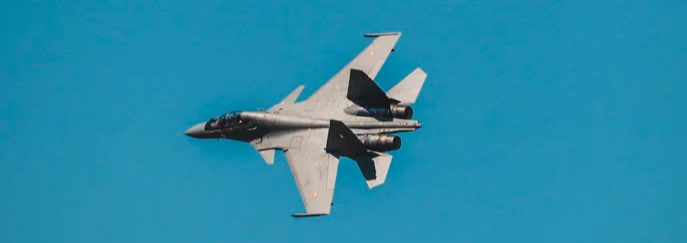
I heard an interesting story from Roger Kneebon the author of The Qualities of Being an Expert. A fighter pilot he’d been working with, told him a story of when he was coming down to land. This was something he’d done thousands and thousands of times. He’d gone through the landing checklist, checking flaps down, undercarriage down, everything that needed to be done and radioed that he was coming in, and he’d completed everything. However, Just as he was coming down to land, he got a feeling that something wasn’t right. He didn’t have more than a fraction of a second to respond. Instinctively he put on full power, aborted the landing and climbed to a safe altitude.
Once safe, he started going around in a square and then thought through what had happened. What had happened was that he had gone through his pre-landing checklist saying all the things that needed to be done, but he hadn’t actioned the one that lowered the undercarriage. So although he’d said “undercarriage down” when going through his checklist, he hadn’t pressed the necessary button. If he’d landed he would have crashed.
Roger told the story to illustrate the importance of envisioning different scenarios so that you know how to react should they happen, but also of the importance of taking time out to see what the problem is. I took something different from the story: the fighter pilot had been doing a job which he’d done thousands of times before and yet his intellect had completely failed him. It was his feeling that something was wrong that avoided disaster.
Being a well-trained expert the pilot had envisioned where in the flight process problems were most likely to occur and how to deal with them – in this case to buy some time to reevaluate. His training came out of this with a high score but the intellect gets a fail.
At the heart of this story lies the reason why working with the body is so effective. The body doesn’t buy into itself like the intellect does, which has so many biases and heuristics that it uses to reinforce its belief in itself. The body doesn’t fill in the spaces with assumptions like the intellect does and most importantly it’s not blind to its shortcomings. What is the point of being smart if you can’t see when you’re being stupid?
The fighter pilot’s story is a beautiful example of why we are best served when we engage with the intelligence of our feelings in harmony with the intellect. You cannot see your own blind spots but you can feel them, or in this case, you can feel when things are not right and kick into your instinctive wisdom and buy yourself time to work out what’s gone wrong.
If we want to take off in our lives, creatively or otherwise, we need to learn how to tap into our embodied wisdom that not only stops us from crashing but allows us to engage with the world in a much more complete way that will allow us to fly high.

Comments